AARP Hearing Center


When their 16-year-old grandchild began going by they/them pronouns, it was a surprise to Ellen and Richard Romano and hard for them to get used to.
It was like “learning to switch from being right-handed to having to use your left hand,” says Ellen Romano, 81, a retired counselor living in Binghamton, New York. “Maybe harder. If you were to tie your right hand down, at least then you’d be forced to use your left hand.”
There has been a surge in tweens and teens changing pronouns in recent years due to “increased acceptance [by society], increased exposure to language that fits their experience and expanding societal ideas about gender,” says Luke Allen, a Las Vegas–based licensed psychologist and gender therapist.
According to the Trevor Project, a research and advocacy group for lesbian, gay, bisexual, transgender, queer and questioning youth, one in four LGBTQ+ youth use pronouns or pronoun combinations that fall outside of the binary construction of gender.
Having to adapt to pronoun changes can be tricky for grandparents who grew up at a time when only binary pronouns were generally recognized.
“Their brains have been wired for 60, 70, 80 years to conjugate verbs in one way,” says Stuart Getty, the author of How to They/Them: A Visual Guide to Nonbinary Pronouns and the World of Gender Fluidity, who has always felt “somewhat in the middle” of two genders and goes by they/them pronouns. “It takes some time and practice.”
Here are six tips on how to gracefully handle grandchildren who are changing their pronouns.
Do your research
A person’s decision to change gender pronouns may have come after a period of unease or distress known as gender dysphoria, which is a deep sense of discomfort and distress that may occur when someone’s gender identity doesn’t match their sex assigned at birth.
Educating yourself about this term and what your grandchild may have been — or still is — wrestling with can help you appreciate the courage it took to share this time of change with you.
Read articles and books on the subject. Talk to others who’ve gone through the same experience.
Explains Allen: “As much time as we spend researching what new car to buy, maybe we should also do that with these things that are really important to the people we love and care about.”
Ninety-year-old Joan Taylor started reading and talking with friends about the topic after learning her 19-year-old grandchild identified as genderfaun, a form of gender fluidity that flows between multiple genders but does not include female or feminine genders. She learned from her friends that gender identity may continue to be an open-ended exploration for her grandchild.
“When a teenager, and in some cases a much younger child, makes that decision, it’s important to keep [being] involved and learning,” says Taylor, a former social worker from Towson, Maryland.































.jpg?crop=true&anchor=13,195&q=80&color=ffffffff&u=lywnjt&w=2008&h=1154)



























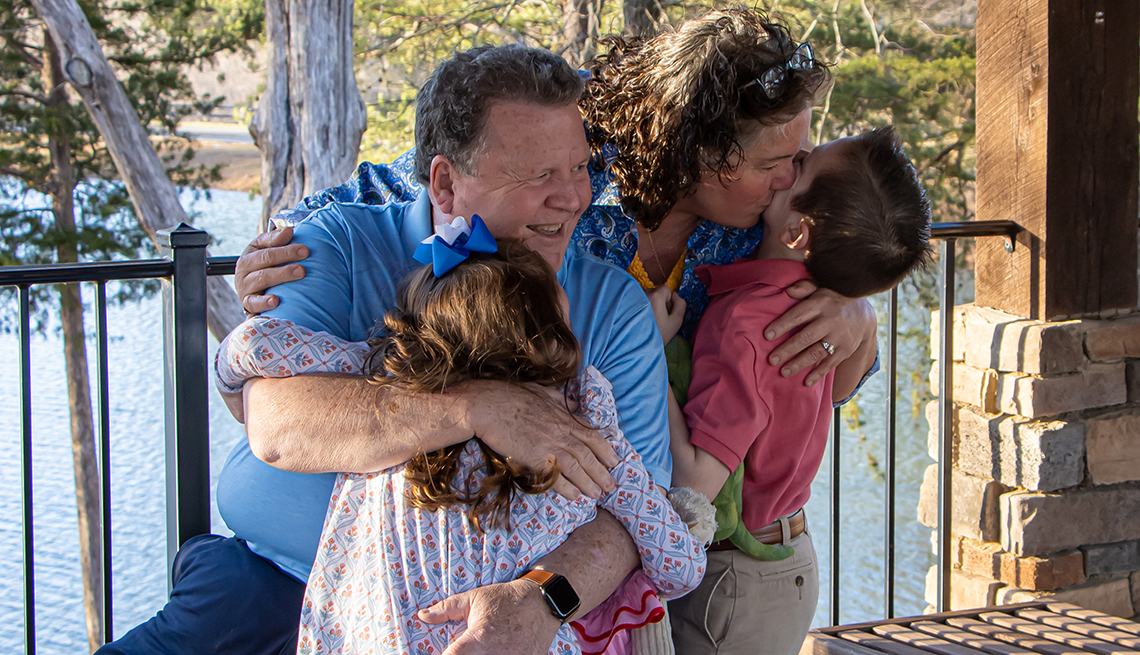



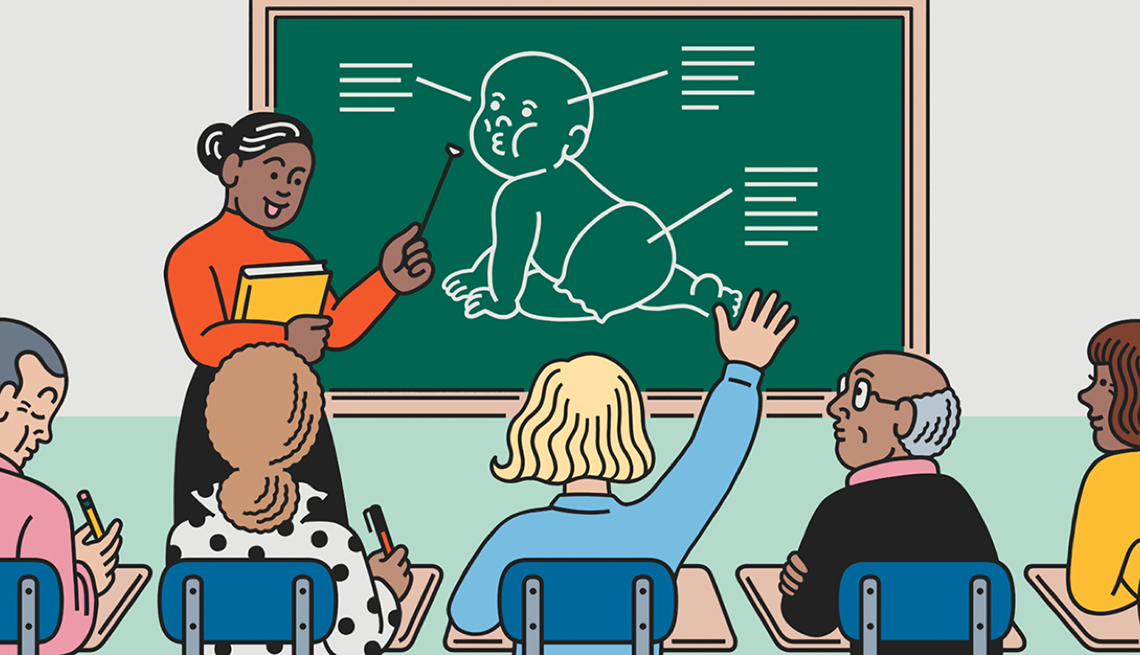

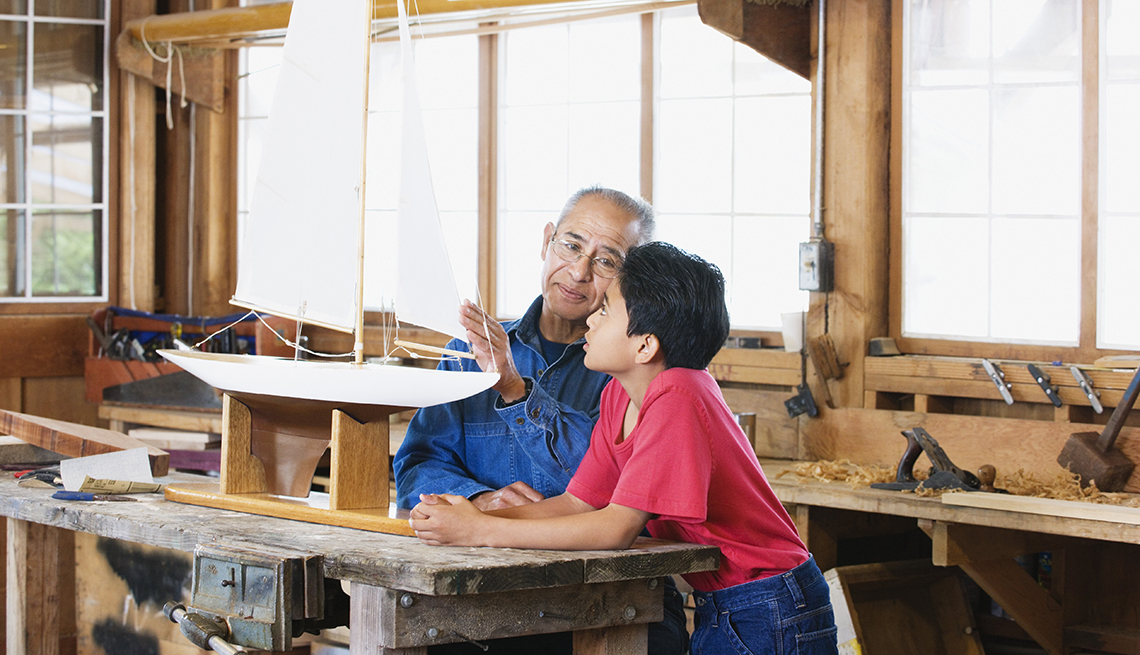
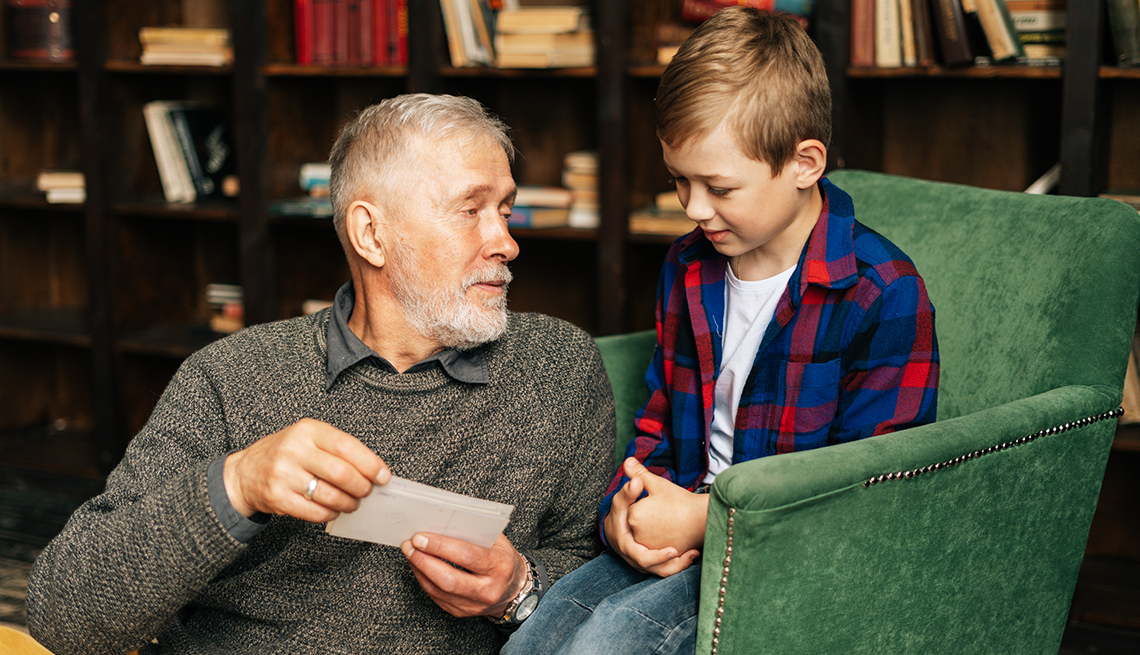



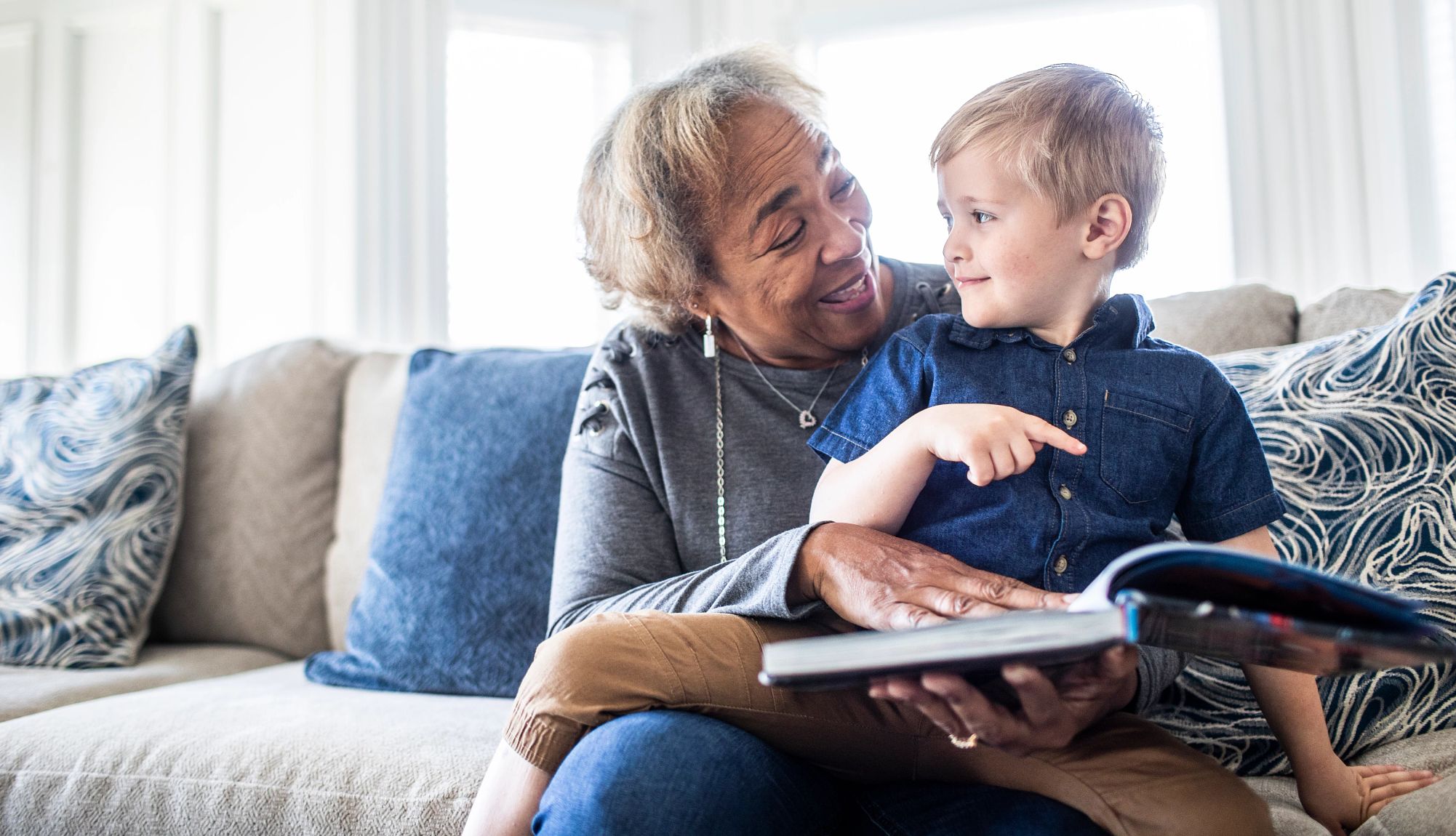




More From AARP
Pride Month 2024: Ways to Celebrate Across the U.S.
Parades, festivals and exhibits salute LGBTQ+ community
10 Top-Notch Novels Featuring LGBTQ Characters
Find engrossing fiction that explores gender identity, the meaning of family and more
Tig Notaro Wants to Live Until She’s 115 Years Old
Comedian discusses famous friends, podcasting, raising twins, keeping healthy in her 50s
Recommended for You